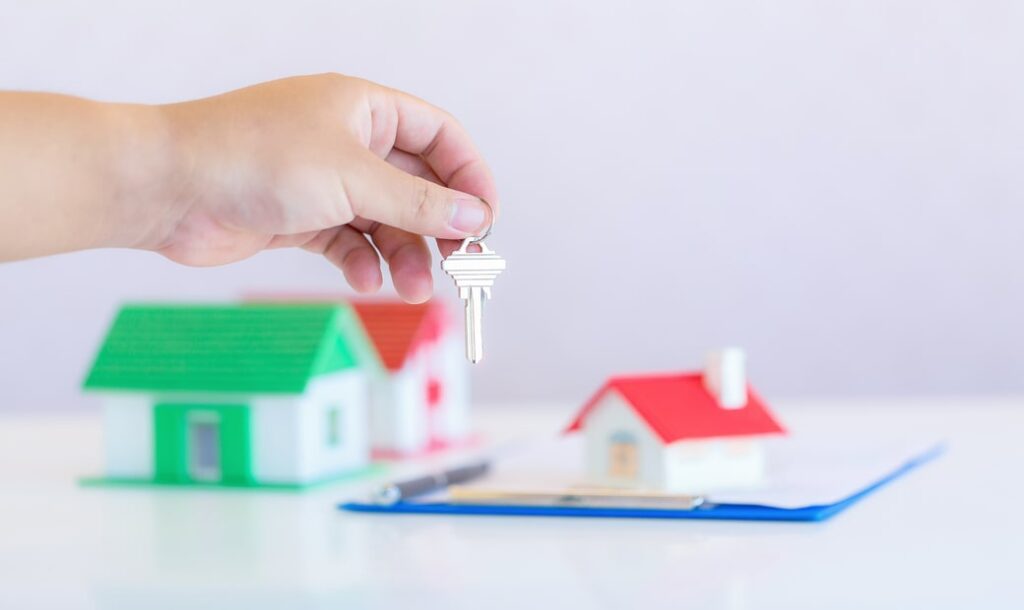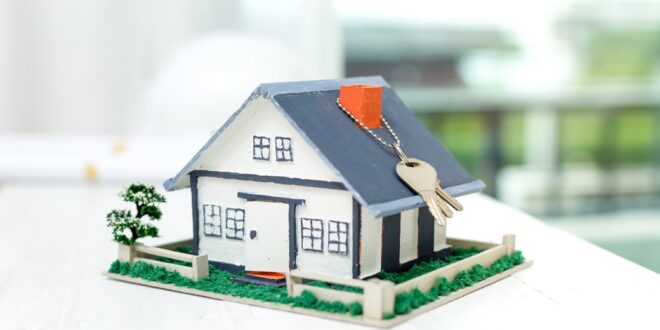If you’re selling your home, you’ll need to factor in the cost of conveyancing. This is the legal process of transferring property ownership from one person to another. It can be a complex and time-consuming process, so it’s essential to understand all the costs involved before you begin. Conveyancing can be done by a solicitor or a licensed conveyancing service such as those offered by AVRillo conveyancing firm in London.
As the seller, you will be responsible for the cost of conveyancing when selling your house. This includes the fees charged by your Solicitor or conveyancer for their services, as well as any other associated costs such as stamp duty, Land Registry fees, and searches.
Your conveyancer will provide you with an estimate of the total cost of their services when you instruct them to act on your behalf. The actual cost will depend on a number of factors, including the type of property you are selling, its location, and the complexity of the sale.
While the cost of conveyancing can vary depending on your individual circumstances, there are a few factors that will generally affect the price. These include:

1. The Type of Property You are Selling
A standard family home will usually cost less to convey than a commercial property or a property with multiple units. This is because there is usually more paperwork involved with commercial properties, and the conveyancing process can be more complex.
2. The Location of the Property
Properties in London and the South East will typically cost more to convey than those in other parts of the country. This is because prices in these areas are generally higher, and the conveyancing process can be more complex. If your property is located in England or Wales, the cost of conveyancing will be lower than if it is located in Scotland or Northern Ireland. This is because the conveyancing process is different in each country.
3. The Complexity of the Sale
The more complex the sale, the more expensive it will be. This includes things like if you are selling a leasehold property or if there is a chain of buyers and sellers involved. If you are selling a property that is subject to extensive repairs, has multiple units, or is being sold through a company, the cost of conveyancing will also be higher than for a simple sale.
4. The Fees Charged By Your Solicitor or Conveyancer
Some solicitors and conveyancers will charge a fixed fee, while others will charge an hourly rate. The type of fee you are charged will affect the total cost of conveyancing.
5. The Size and Value of the Property
The size of the property you are selling will also affect the cost. The larger and more valuable the property, the more expensive the conveyance will be. This is because there is usually more paperwork involved, and the process can take longer.
 Make Home Smart Let's Make Smart Home for Everyone!
Make Home Smart Let's Make Smart Home for Everyone!




